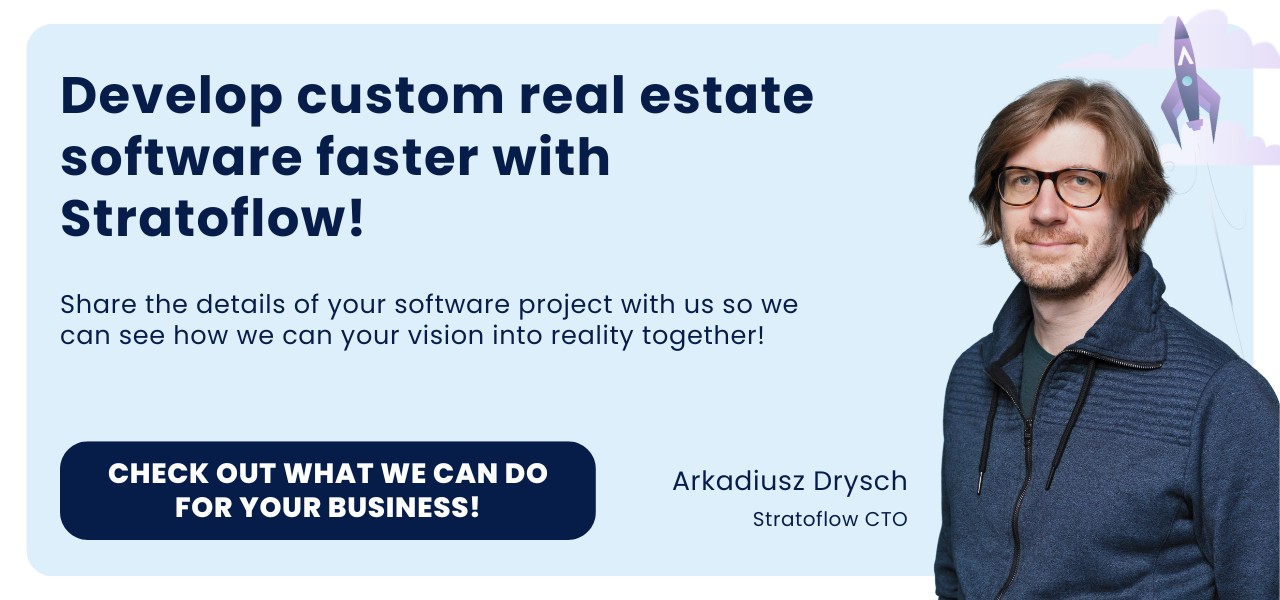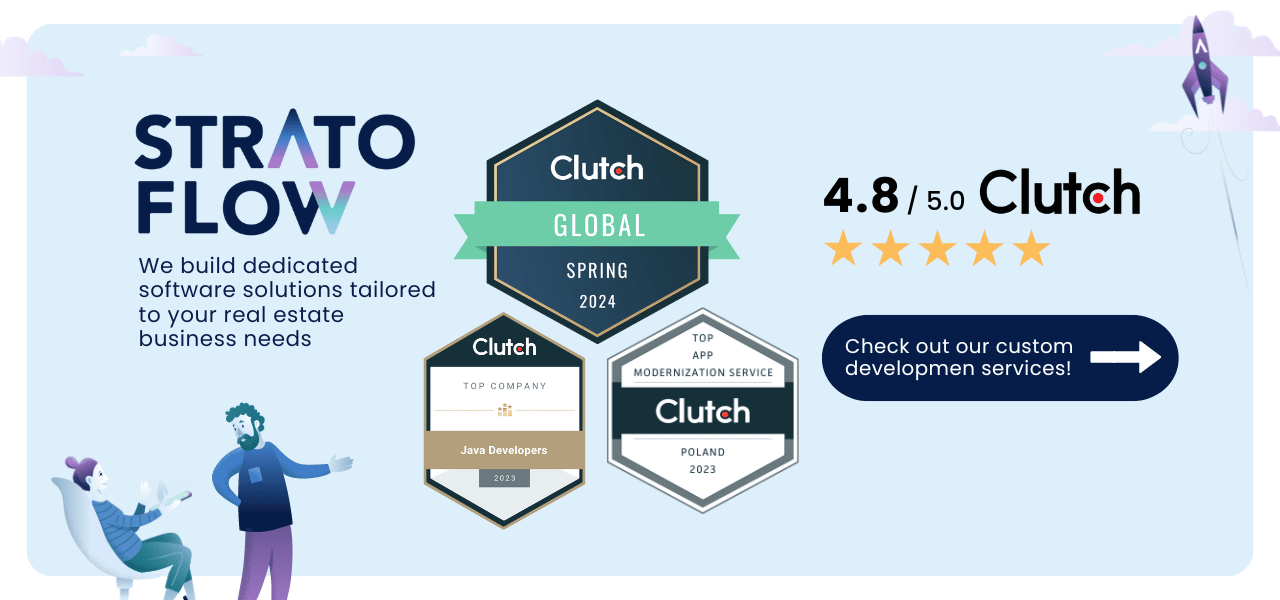
What is a Building Management Software and Why Your Company Needs It?
Imagine a world where your building practically runs itself, seamlessly and efficiently adjusting lighting, temperature and security protocols.
Today, this scenario is no longer a futuristic dream, but a tangible reality made possible by advanced computerized maintenance management system.
If you’re looking to improve operational efficiency, reduce energy costs, and ensure a comfortable and safe environment, understanding and investing in these systems is critical.
Discover how these intelligent solutions can revolutionize the way you manage your property.
Contents
- What is a Building Management System (BMS)?
- What are the benefits of using a building management solutions?
- Key features that a good building management system need to have
- Top 8 Best HOA Management Software Options
- Openkoda Property Management System
- Honeywell Niagara Framework
- Yardi Pulse
- MRI Software
- Utopi
- Developing a custom building management system tailored to your needs
What is a Building Management System (BMS)?
A building management system (BMS) is a sophisticated technology platform that manages and controls the various systems within a commercial building, improving operational efficiency and reducing energy consumption.
A BMS serves as a building’s central nervous system, integrating critical components such as heating, ventilation, air conditioning (HVAC), lighting, and security systems. This complexity often necessitates bespoke solutions from an experienced real estate software development company because each building has unique requirements, existing legacy systems, and specific regulatory compliance needs.
How does this work in practice?
Let’s consider an example of a BMS operating in an office building.
At the start of a typical day, the BMS automatically activates the heating, ventilation and air conditioning (HVAC) systems based on the programmed schedule, setting the temperature to an optimal level before employees arrive.
Throughout the day, the BMS continues to monitor and adjust the indoor environment. It uses sensors to detect real-time changes in occupancy, lighting levels and temperature.
In addition, the BMS enhances safety and security measures by integrating with fire alarm and security systems. It can detect unauthorized access or emergencies and respond by activating security protocols, such as locking down certain areas or notifying security personnel and local authorities.
The BMS also collects data on energy consumption and operational efficiency throughout the building. Facility managers use this data to analyze trends, identify areas where energy is being wasted, and make informed decisions about where improvements can be made.
By automating all of these elements, a BMS not only ensures a comfortable and safe environment for occupants, but also helps business owners monitor and manage building operations more effectively.
This can lead to significant cost savings, particularly in energy consumption, and contribute to the company’s sustainability goals.
In addition, the data collected by a BMS can be used for predictive maintenance, minimizing downtime and extending the life of the building’s infrastructure.
Building management systems (BMS) are inherently complex due to the diverse needs of modern buildings.
In essence, a BMS is a key tool for any organization seeking to optimize building performance and operational efficiency.
What are the benefits of using a building management solutions?
Implementing a building management system offers a variety of benefits that are critical to modern business operations.
Let’s look at five of the most important benefits of building management systems:
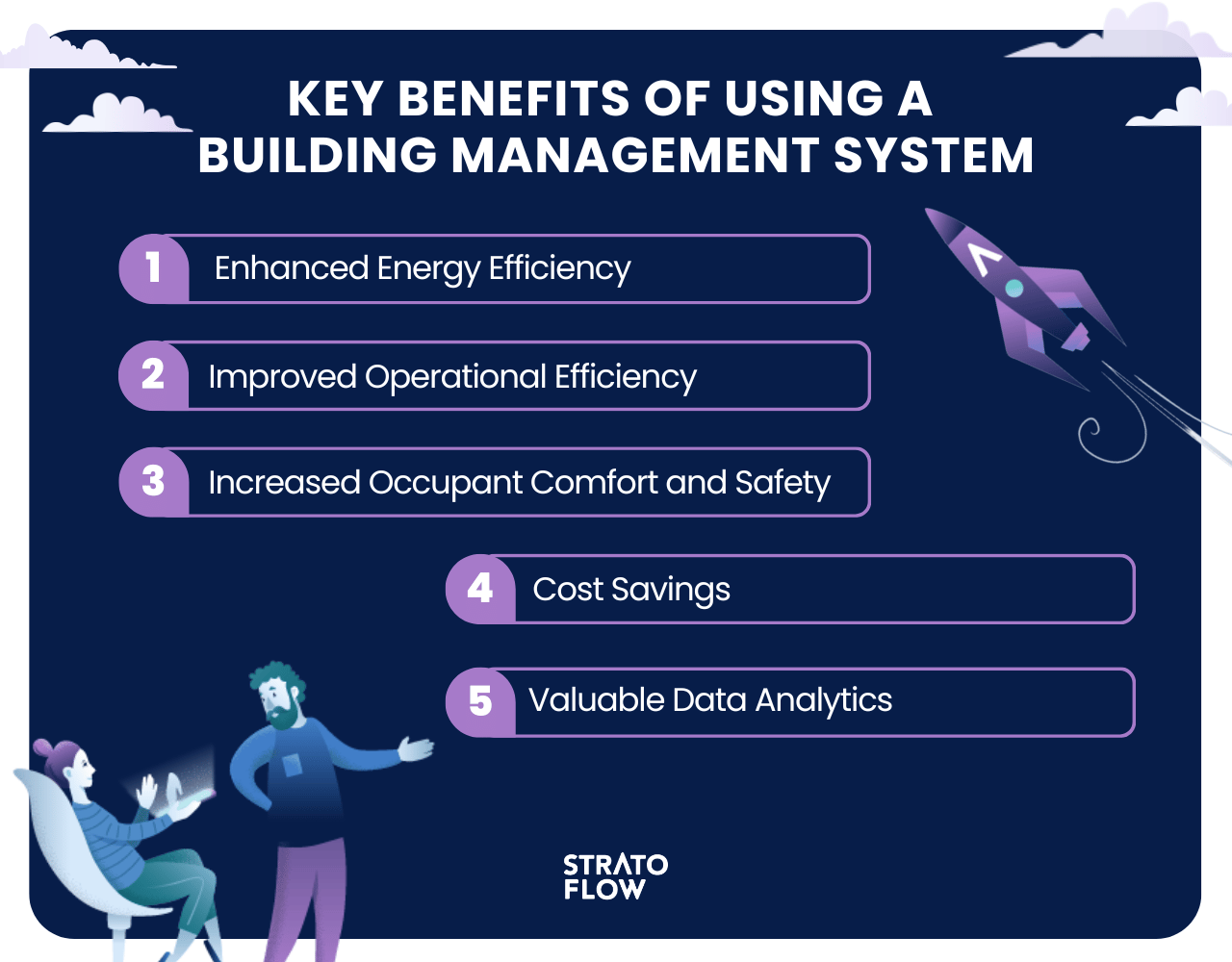
Enhanced Energy Efficiency
A building management system (BMS) optimizes the use of HVAC, lighting, and other critical systems to significantly reduce energy consumption.
By automating these systems, a BMS ensures that they operate only when needed and at optimal levels, which not only significantly reduces utility bills, but also helps organizations meet their environmental goals by reducing the overall carbon footprint of the building.
Improved Operational Efficiency
Building Manager centralizes control of all building operations, enabling automation and coordinated management of multiple systems from a single point.
This centralization minimizes the need for manual checks and adjustments, reducing the burden on facility management teams.
It allows them to spend more time on preventive maintenance tasks, improving overall building operations and reducing the potential for human error.
Increased Occupant Comfort and Safety
Through continuous monitoring and automatic adjustments of environmental conditions, a BMS ensures optimal comfort for all occupants by regulating temperature, humidity, and air quality allowing for building more smart buildings.
Additionally, it enhances safety by integrating with fire alarm systems and security protocols to quickly identify and respond to unauthorized access or emergency situations, ensuring a safe working environment.
Cost Savings
The efficiency gains from using a BMS are directly tied to cost reductions.
By enhancing energy efficiency and operational practices, a BMS reduces the need for excessive energy use and frequent maintenance.
These improvements lead to lower energy bills, reduced maintenance costs, and less downtime due to equipment failure, all of which contribute significantly to overall savings.
Valuable Data Analytics
By continuously collecting data from various building systems, a BMS provides deep insights into building operations.
Facility managers can use this data to analyze trends, predict equipment failures before they occur, and identify areas where energy is wasted.
This informed decision-making can lead to more targeted investments in maintenance, better resource management, and strategic upgrades, ultimately enhancing the longevity and performance of building infrastructure.
[Read also: 10 Key Proptech Trends in 2024: How Technology is Changing The Real Estate Industry]
Going a step further: customizing BMS systems
Customizing a building management system can significantly increase its effectiveness by tailoring its capabilities to the specific needs of a building’s operations and the unique requirements of its occupants.
The value of adding custom integrations lies in the ability to connect and automate disparate systems and processes that are not typically covered by out-of-the-box solutions.
For example, integrating specialized environmental monitoring tools, advanced security protocols, or specific energy management techniques can take a building’s operational efficiency to new heights.
Working with a custom software development company is essential when customizing BMS software.
These companies have the expertise to develop custom solutions that integrate seamlessly with existing building infrastructure.
They can create specialized algorithms and interfaces that give facility managers more precise control and deeper insight into their systems.
In addition, custom software developers can ensure that new integrations meet industry standards and are scalable, secure, and efficient.
Key features that a good building management system need to have
A good building management system is essential for improving building efficiency, ensuring comfort, and reducing operating costs.
To be truly effective, integrated building management systems must have several key features that address the complex needs of modern building operations.
Here are five essential features that a robust BMS should include:
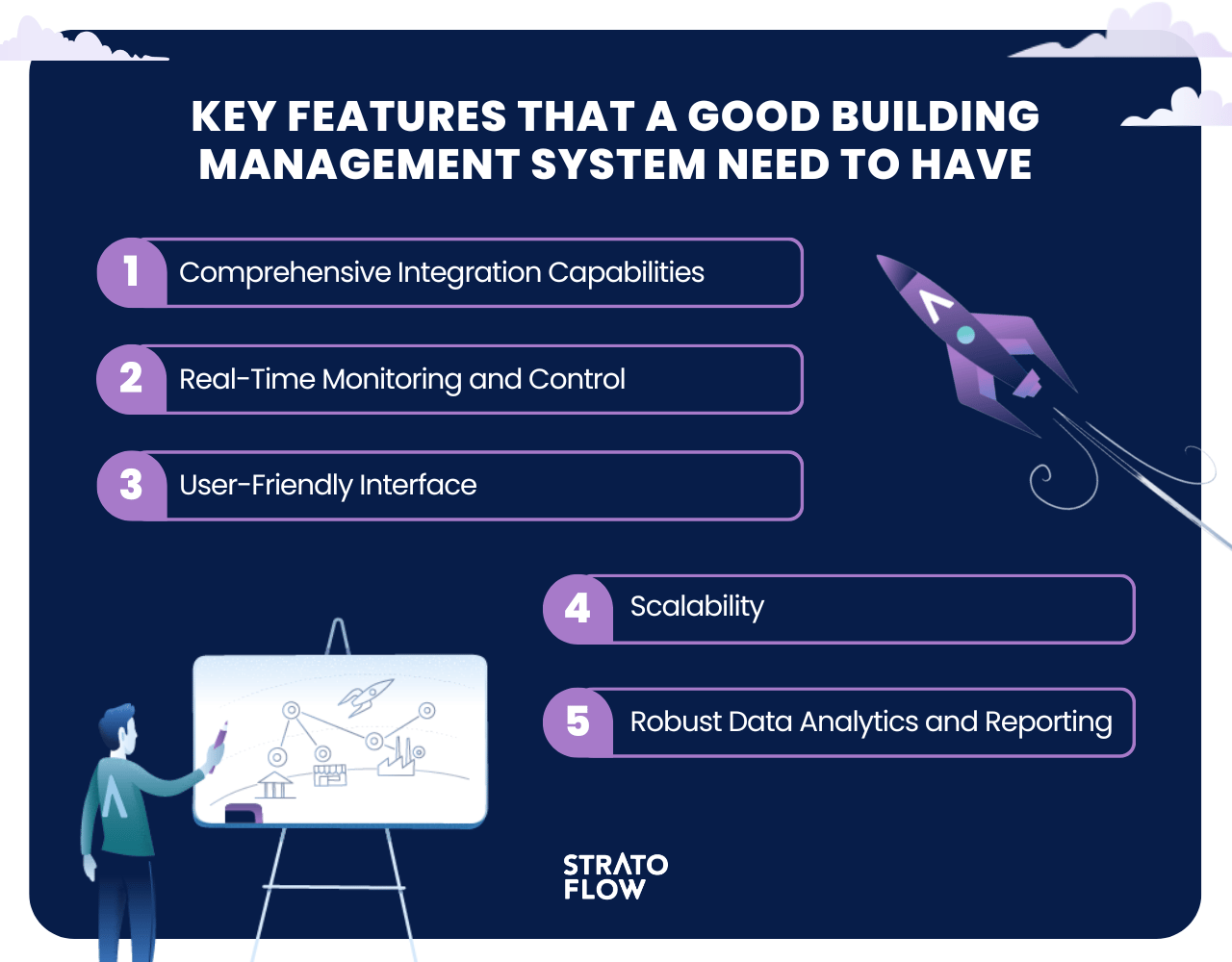
- Comprehensive Integration Capabilities: Ability to seamlessly integrate with a range of building systems such as HVAC, lighting, security, and energy management. This allows for centralized control and a unified view of all building operations.
- Real-Time Monitoring and Control: Offers the capability to monitor and control the building’s systems in real-time. This feature is critical for quickly addressing issues and optimizing system performance to prevent downtime.
- User-Friendly Interface: Features an intuitive interface that is accessible to users at all skill levels. A clear and straightforward dashboard is crucial for efficient system management and decision-making.
- Scalability: Designed to accommodate growth, a BMS should be scalable to handle additional buildings, more complex configurations, and new technologies as the organization expands.
- Robust Data Analytics and Reporting: Includes powerful data processing and analysis tools that provide insights into energy usage, operational efficiency, and maintenance needs. Comprehensive reporting capabilities are essential for strategic planning and validating the efficacy of energy-saving measures.
Having these features in your Building Management System ensures that it will be a solid, reliable foundation for managing your facilities.
With these capabilities, a BMS not only streamlines daily operations but also adapts to future challenges and opportunities, enhancing long-term building performance and sustainability.
[Read also: A Comprehensive Guide to Digital Transformation in Real Estate]
Best building management systems currently on the market in 2024
As the demand for efficient and technologically advanced building management systems continues to grow, several standout solutions have emerged in 2024.
These systems offer a range of features to enhance operational efficiency, energy management, and tenant satisfaction.
Below is a list of the best building management systems currently available, each bringing unique strengths and capabilities to the market.
Openkoda

Openkoda Property Management software is a robust, AI-powered, open source platform designed to streamline various aspects of property management software development.
The platform excels in tenant and lease management with comprehensive screening processes, automated lease generation, and e-signature capabilities that simplify and expedite lease agreements.
Maintenance management is made efficient with tools that allow tenants to report issues directly, eliminating duplication and ensuring quick resolution through streamlined communication.
Openkoda’s real-time, customizable dashboards provide updates on rent payments, maintenance requests, and other critical operations for better property oversight.
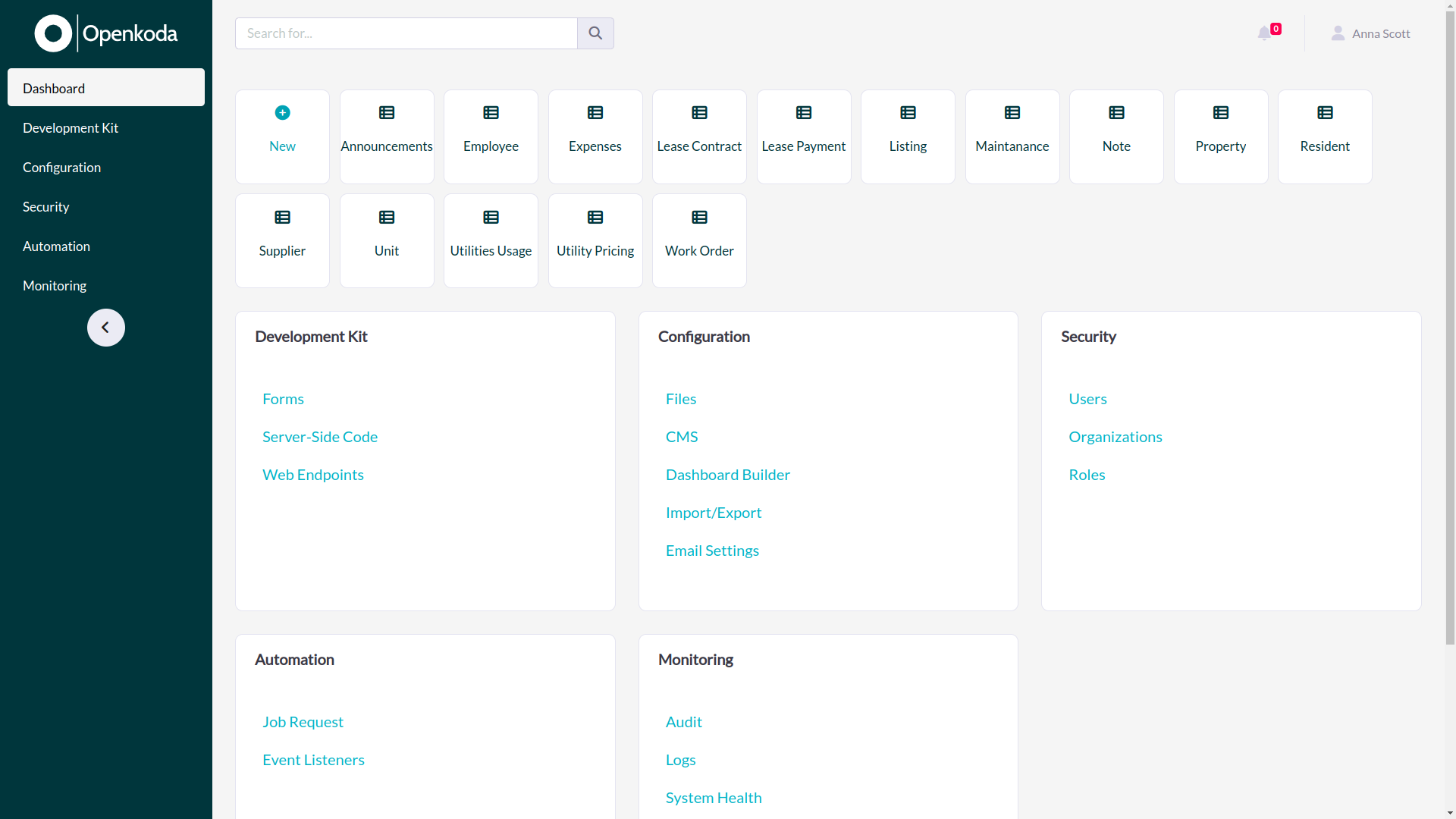
For building management, Openkoda property management software integrates several features that enhance operational efficiency, safety, and comfort for building occupants:
- Centralized Monitoring and Control: Manages various building systems such as HVAC, lighting, and security from a central dashboard.
- Energy Efficiency: Tools for monitoring and optimizing energy usage across the building, contributing to cost savings and sustainability.
- Fault Diagnosis and Resolution: Faster identification and resolution of issues through real-time monitoring and AI-driven analytics.
- Enhanced Safety and Comfort: Ensures the safety and comfort of occupants by efficiently managing environmental controls and maintenance schedules.
But for building management systems, the ability to integrate with other systems quickly and easily is critical.
That’s where Openkoda property management software really excels.
Openkoda property management software is built on a robust open source foundation that allows for extensive customization and integration.
The platform’s pluggable integration capabilities allow users to seamlessly incorporate various third-party tools and services, ensuring that the system can adapt to specific operational needs without being constrained by vendor-specific limitations.
It provides real estate organizations with a powerful toolset to improve operational efficiency, financial management and tenant relations, while being flexible enough to adapt to specific needs and requirements.
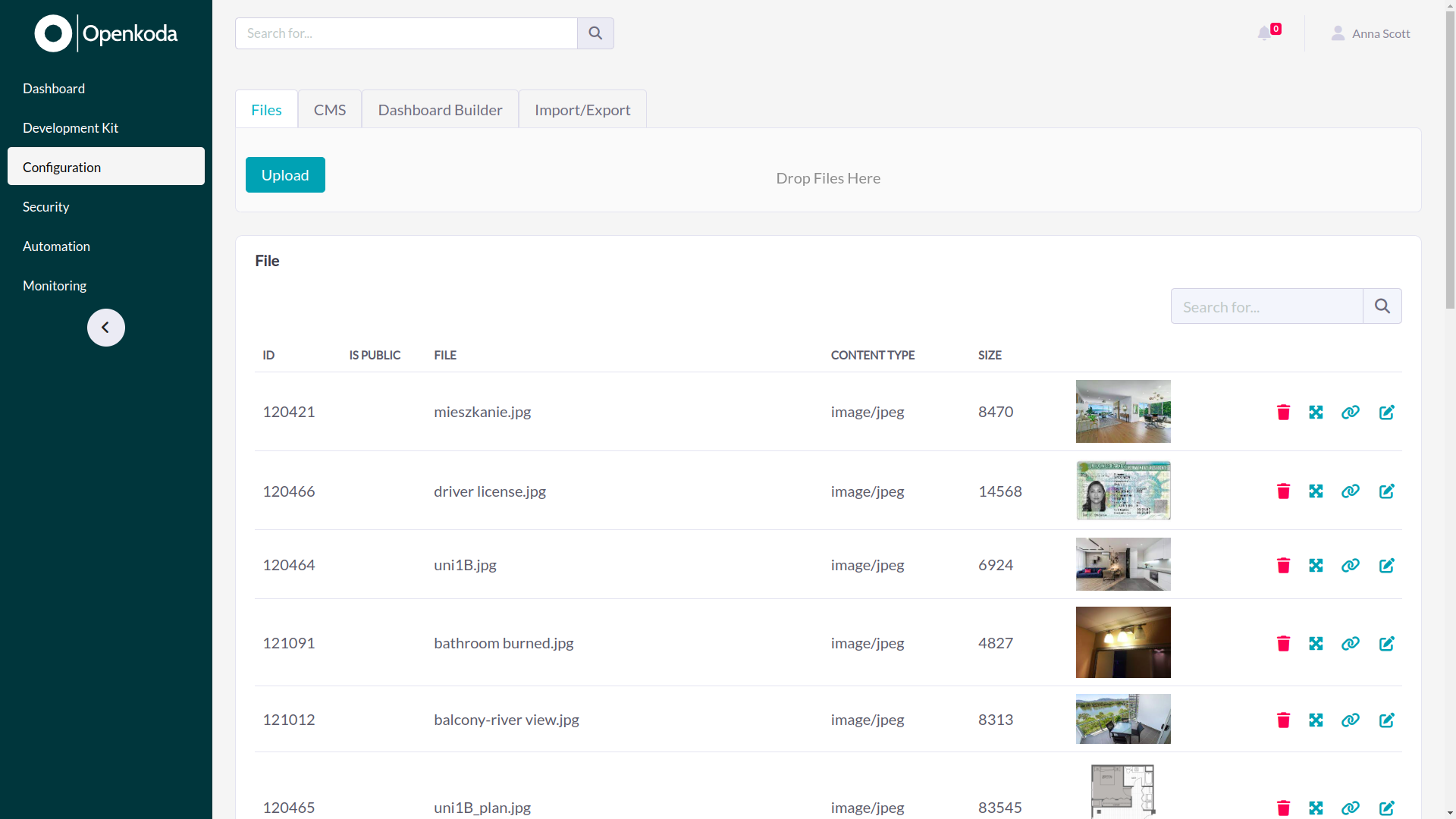
Openkoda is a powerful, open-source property management system designed to enhance the efficiency of real estate operations through robust tenant and lease management, financial automation, and advanced maintenance tools.
Do you want to see Openkoda’s capabilities in action?
Schedule your own free demo today!
Pros
- Open-Source Flexibility: Openkoda allows extensive customization and integration with other tools, avoiding vendor lock-in and providing full code ownership.
- Comprehensive Tenant Management: Features robust tenant screening, automated lease generation, and e-signature capabilities, streamlining tenant onboarding and lease management.
- Efficient Maintenance Management: Tools for tenants to report maintenance issues directly and AI-powered messaging improve communication and speed up issue resolution.
- Advanced AI and ML Tools: Uses AI for price recommendations, smart reminders, and automated notifications, aiding in decision-making and operational efficiency.
- Extensive Integration Capabilities: Supports integration with various third-party tools and services, essential for building management systems to handle diverse technologies like HVAC, lighting, and security.
Key features
- Tenant Management: Openkoda property management software provides tools for comprehensive tenant screening, including questionnaires and detailed screening tools to assess tenant reliability. This is crucial for minimizing risks such as unpaid rent and property damage.
- Financial Management: The platform includes a custom dashboard that offers real-time updates on rent payment statuses and integrates smart reminders and AI-powered systems to prompt timely rent collections. Additionally, it features integrated payment processing to facilitate online transactions smoothly and securely.
- Document and Lease Management: Automated document generation tools reduce manual effort by automating the creation of leases, invoices, and receipts. The lease generator and e-signature capabilities further simplify the lease signing process, minimizing the need for face-to-face interactions and speeding up operations.
- Maintenance Coordination: Openkoda property management software enhances the efficiency of maintenance management by allowing tenants to report issues directly through the platform, which helps avoid duplicate requests and streamlines communication between tenants and maintenance teams.
- Dynamic Reporting: The software provides dynamic reports on maintenance requests and other property-related activities, which aids in better tracking and management of property upkeep.
- Customization and Scalability: Being open-source, Openkoda allows for extensive customization and scalability. Users can tailor the software to meet specific needs without vendor lock-ins, ensuring flexibility in integration and functionality expansion as business requirements evolve.
Honeywell Niagara Framework

The Honeywell Niagara Framework is a highly adaptable facilities management software platform designed to integrate various building management technologies.
This framework, developed by Tridium, a Honeywell company, is recognized for its robustness in connecting multiple building management systems within a building to streamline operations and data management.
It supports real-time data connectivity and enables comprehensive system integration through its open architecture, which is especially useful for buildings incorporating smart technologies.
Pros
- Versatile in integrating diverse systems due to its support for numerous protocols.
- Flexible customization options allowing for tailored solutions.
- Quick data processing capabilities facilitate responsive system adjustments.
Key features
- Integration Capabilities: Can merge various systems and protocols into one platform, streamlining management and operations.
- Customization: Supports the creation of custom drivers and user interfaces, catering to specific needs.
- Robust Cybersecurity: Offers strong access control measures including encryption and authentication to protect system integrity.
[Read also: How AI in Real Estate Is Redefining The Industry in 2024]
Yardi Pulse

Yardi Pulse is part of the suite of services provided by Yardi Systems, a well-established company in the computer-aided facility management software market.
This system focuses on energy management, aiming to enhance operational efficiency and sustainability in buildings.
Yardi Pulse facilities management software offers tools for real-time energy monitoring and analytics, which can help in reducing energy costs and optimizing building performance.
The system is particularly noted for its integration capabilities with other Yardi products, enabling a more seamless management experience across different facets of property management, from leasing and accounting to operations.
Pros
- Offers tools for detailed tracking and management of energy consumption and costs.
- Features like the Occupant Engagement Dashboard inform and involve tenants in energy-saving practices.
Key features
- Automated Invoicing: Streamlines utility invoice processing and auditing, enhancing administrative efficiency.
- ESG Reporting: Facilitates sustainability reporting and compliance, supporting environmental initiatives.
- Meter Performance Monitoring: Provides detailed data from energy meters to improve cost control and decision-making.
- Real Estate ERP Software Functionalities
MRI Software

MRI Software for real estate brokers offers a comprehensive and flexible automation and control system known for its capability to integrate with a wide range of other systems.
This integration facilitates a more unified management process, reducing the complexities typically associated with operating diverse building management technologies.
MRI facility management software platform is designed to cater to the unique needs of various property types, making it adaptable to residential, commercial, or mixed-use properties.
Pros
- Serves a wide range of real estate sectors with a suite of features that address various property management needs.
- Offers significant flexibility in customization to meet specific client requirements.
Key features
- Centralized Platform: Manages all aspects of a building’s infrastructure from a single platform.
- Real Estate CRM Software Functionalities: Real estate CRM functionalities manage customer interactions, automate marketing and sales, and enhance customer satisfaction and retention.
- Interconnected Sensors: Enhances building-wide operations through seamless integration of sensors.
- Customizable: Tailors features to meet the specific needs of residential, commercial, or mixed-use properties.
[Read also: Future of Real Estate: Space as a Service Model]
Utopi

Utopi is distinguished by its strong focus on sustainability and the integration of environmental, social, and governance (ESG) principles into its building management system.
The system features unique sensor technology developed in-house, which supports more precise monitoring and management of building conditions, contributing to better energy efficiency and reduced environmental impact.
Pros
- Promotes sustainability awareness and actions among residents.
- Offers thorough insights across property portfolios for better environmental impact management.
- Facilitates connectivity with other systems, enhancing functionality.
Key features
- SaaS Platform: This facility management software collects real-time ESG data efficiently through API integrations and smart devices.
- Mobile App: Engages tenants by providing building energy information, encouraging energy-conscious behaviors.
- Multi-Sensor Technology: Gathers environmental data to monitor and optimize building conditions.
[Read also: Top 8 HOA Management Software Solutions: A Comprehensive 2024 Guide]
Developing a custom building management system tailored to your needs
Out-of-the-box computerized management systems are undeniably powerful and versatile, offering a wide range of functionality that can address many common needs.
However, to achieve the highest level of efficiency and to incorporate non-standard functionality unique to your organization, a customized approach is often preferred.
Custom building management systems are designed specifically to meet your organization’s unique needs, optimizing operations and providing tailored solutions that off-the-shelf software simply cannot provide.
Partnering with custom software development companies with a proven track record in the real estate industry ensures that your BMS is not only robust, but also perfectly aligned with your strategic goals.
We are Stratoflow
Custom real estate software development company
Our focus is on delivering high-quality, customized software solutions that address the specific needs of the real estate industry.
Our technical expertise, agile development process, and commitment to ongoing support make us a trusted partner for real estate businesses looking to leverage technology for growth and efficiency.
Contact us today to discuss how we can help bring your software ideas to life.
Related Posts
Thank you for taking the time to read our blog post!

